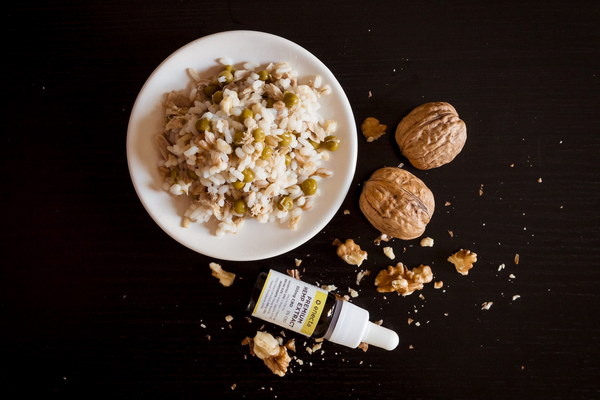Post-Thyroidectomy Body Care Nurturing Your Health After Surgery
After thyroidectomy surgery, taking care of your body is crucial for a swift recovery and long-term well-being. This article delves into the importance of post-thyroidectomy body care, offering practical tips and insights to help you navigate this period of healing.
1. Understanding the thyroidectomy recovery process
Thyroidectomy is a surgical procedure to remove all or part of the thyroid gland. The recovery process varies depending on the extent of the surgery and individual factors, but generally, it takes several weeks to months for complete recovery. It is essential to be patient and follow your healthcare provider's advice throughout this period.
2. Managing pain and discomfort
Pain and discomfort are common after thyroidectomy. Your healthcare provider may prescribe pain medications to help manage these symptoms. It is important to take these medications as directed and follow any instructions for safe usage. Additionally, applying ice packs to the surgical site and maintaining a comfortable position can help alleviate pain.
3. Monitoring your body temperature
Thyroid hormone affects body temperature regulation. After thyroidectomy, you may experience temperature fluctuations, either feeling too hot or too cold. Keep a close eye on your body temperature and consult your healthcare provider if you experience extreme or persistent changes.
4. Maintaining a healthy diet
A balanced diet is vital for recovery. Focus on consuming a variety of nutrient-rich foods, including fruits, vegetables, whole grains, lean proteins, and healthy fats. This will help support your immune system, promote healing, and ensure you are getting the necessary vitamins and minerals.
5. Staying hydrated

Proper hydration is crucial for recovery. Drink plenty of water throughout the day to help your body eliminate waste products and maintain normal bodily functions. If you have difficulty drinking water, consider incorporating hydrating foods, such as fruits and vegetables with high water content.
6. Engaging in gentle physical activity
Gentle physical activity, such as walking, can aid in circulation and reduce the risk of complications, like blood clots. Begin with short, slow walks and gradually increase the distance as your body permits. Always consult your healthcare provider before starting any new exercise routine.
7. Prioritizing rest and sleep
Rest is essential for recovery. Give your body the time it needs to heal by ensuring you get enough sleep each night. Establish a relaxing bedtime routine, limit exposure to screens before bed, and create a comfortable sleep environment.
8. Managing stress
Stress can hinder the healing process, so it is crucial to find healthy ways to manage it. Engage in stress-reducing activities, such as meditation, yoga, or deep-breathing exercises. Additionally, seek support from friends, family, or a support group to help you cope with the emotional challenges of recovery.
9. Monitoring thyroid hormone levels
After thyroidectomy, you will likely need to take thyroid hormone replacement medication. Regular monitoring of your thyroid hormone levels is essential to ensure you are taking the correct dosage. Follow your healthcare provider's advice on blood tests and medication adjustments.
10. Follow-up appointments
Attend all follow-up appointments with your healthcare provider. These appointments are crucial for monitoring your recovery and addressing any concerns or complications that may arise.
In conclusion, post-thyroidectomy body care is essential for a successful recovery. By following these tips and maintaining open communication with your healthcare provider, you can support your body's healing process and promote long-term well-being. Remember, patience and self-care are key during this period of transition.









